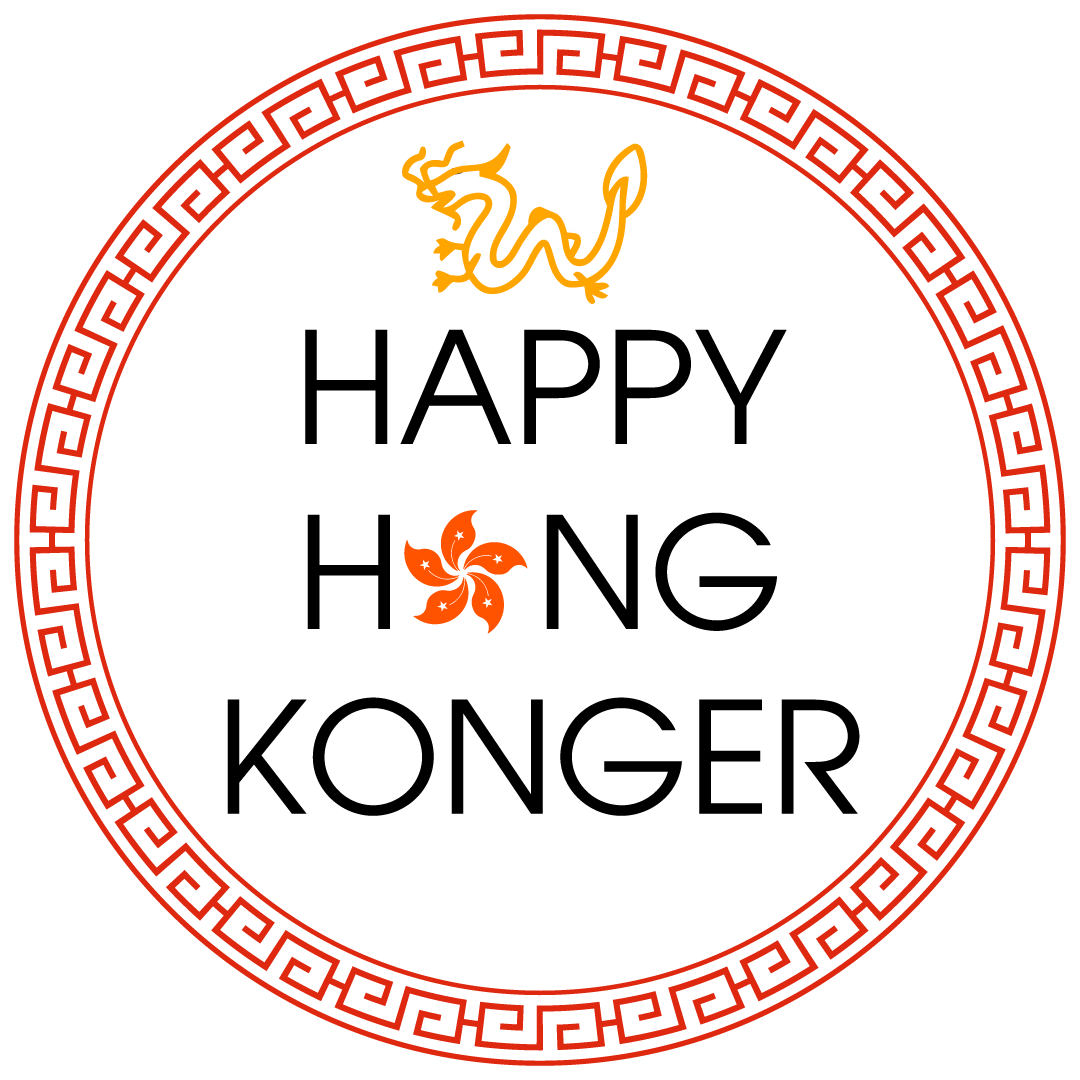

Navigating the tax landscape in Hong Kong can be a daunting task for businesses, particularly when it comes to understanding and complying with provisional tax requirements. Provisional tax, an essential aspect of the Hong Kong tax system, requires businesses to make advance payments on their expected profits for the coming year.
The primary aim of this article is to provide a comprehensive overview of provisional tax, including who is required to pay, the eligibility criteria for holding over provisional tax, and the application process for holding over. By gaining a clear understanding of these elements, businesses can ensure compliance and better manage their cash flow, ultimately contributing to more effective financial planning and stability.
What does provisional tax in Hong Kong entail?
In Hong Kong, the provisional tax system requires you to make estimated tax payments throughout the year based on your income, instead of paying a lump sum when you file your final tax return. This system is based on your revenue for the previous financial year and helps the Inland Revenue Department (IRD) collect taxes gradually. By doing so, the IRD ensures a steady flow of tax revenue throughout the year, which is beneficial for both the government and taxpayers.
Typically, you are required to pay salary tax and provisional salary tax in two installments. The first installment is due by January and covers 75% of the provisional salary tax for the year, paid after you have earned income for at least nine months. The second installment, covering the remaining 25%, is due by April. This structured approach helps taxpayers manage their finances better and avoid facing a large tax bill at the end of the financial year.
Additionally, the IRD imposes penalties on taxpayers who fail to pay or underpay their provisional tax. These penalties are intended to encourage timely and accurate tax payments. By making regular payments throughout the year, taxpayers can avoid the stress of a hefty tax bill and the risk of incurring penalties, ensuring compliance with the tax regulations in Hong Kong.
To whom does the provisional tax in Hong Kong apply?
Provisional tax in Hong Kong applies to two primary types of taxes: salary tax and profit tax. Salaries tax is levied on income earned from employment in Hong Kong, encompassing salaries, wages, bonuses, commissions, and other job-related income. Individuals earning such income are subject to provisional salary tax payments, which are advance payments based on the estimated income for the upcoming tax year. This system ensures that taxpayers contribute to their tax liabilities in a timely manner, preventing the accumulation of large tax bills at the end of the year.
A profit tax, on the other hand, is imposed on the net profits of businesses operating within Hong Kong. This tax is applicable to various business structures, including sole proprietorships, partnerships, and limited companies. The amount of profit tax payable is determined based on the revenue generated from business activities in Hong Kong. Provisional profit tax payments are required to be made in advance, similar to provisional salary tax, to facilitate the smooth collection of taxes and aid in managing the cash flow of businesses. This advance payment mechanism helps businesses plan their finances more effectively and ensures compliance with Hong Kong’s tax regulations.
How do you qualify for holding over provisional tax in Hong Kong?
Grounds for the application of the provisional profits tax
An application to hold over provisional profits tax can be made if your assessable profits for the assessment year are likely to be less than 90% of the previous year’s profits or if an error was made in the calculation of losses brought forward. Additionally, if you have ceased or will cease your business before the end of the assessment year, or if you have elected personal assessment likely to reduce your tax liability, you can apply. Objections to the previous year’s profit tax assessment also qualify. Supporting documents, such as draft accounts covering at least eight months, should accompany the application.
Grounds for the application of the provisional salaries tax
To apply for holding over provisional salary tax, you can claim if you are newly entitled to allowances not reflected in the provisional tax notice, like a child or dependent parent allowance. Applications can also be made if your net chargeable income for the assessment year is expected to be less than 90% of the previous year’s income or if you’ve paid significant self-education expenses, retirement scheme contributions, or other specified expenses. If you cease deriving income chargeable to salary tax before the end of the assessment year or if you object to the previous year’s salary tax assessment, you can apply by stating your estimated annual income and reasons for the reduction, such as unemployment or retirement.
How does the application process for provisional tax in Hong Kong unfold?
You can apply in writing to hold over all or part of your provisional tax as specified in the Inland Revenue Ordinance. The application must be submitted no later than 28 days before the provisional tax due date or 14 days after the notice of payment is issued, whichever is later. If the tax is payable in two installments and the first is paid on time, you may apply to hold over the second installment within the prescribed time limits and grounds.
To apply, complete and sign Form IR1121 and return it to the Inland Revenue Department. eTAX account holders can submit their application electronically for income from employment, sole-owned properties, and sole proprietorship businesses, receiving instant acknowledgment. More details on the time limit for applying for a holdover of provisional tax can be found on the GOV HK website.
Premia TNC’s industry-leading taxation services
At Premia TNC, we leverage years of professional experience to deliver transparent and reliable taxation services in Hong Kong. Our comprehensive offerings include completing and filing individual income tax returns, preparing and submitting detailed tax computations with supporting schedules, and handling offshore income claims. We also liaise with the IRD on all individual income tax assessments, objections, and correspondence. You can count on Premia TNC to manage your tax needs with expertise and precision, ensuring your business is always in good hands.
Frequently Asked Questions
What is provisional tax in Hong Kong, and how does it work?
Provisional tax in Hong Kong requires businesses and individuals to make advance payments based on their estimated profits or income for the coming year. Payments are made in two installments: the first by January, covering 75% of the provisional tax, and the second by April, covering the remaining 25%. This system helps manage tax revenue throughout the year and prevents large end-of-year tax bills.
How can a business or individual apply to hold over provisional tax?
To apply to hold over provisional tax, submit a written application using Form IR1121 to the Inland Revenue Department no later than 28 days before the due date or 14 days after the notice is issued. You can apply if your assessable profits or net income for the current year are expected to be less than 90% of the previous year's amount, or if you have other qualifying reasons such as significant expenses or changes in income.


















